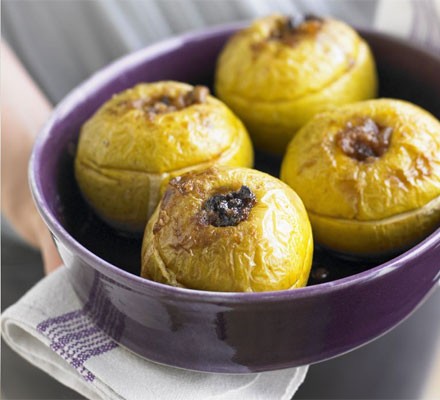You can find them in the club
November 11, 2014 by Darcie
New varieties of apples hit the market with dizzying frequency. Which varieties you see in your grocery store may be heavily influenced by a new push to manage cultivars, as NPR’s The Salt discusses. In the past, new apples came on the market from breeding programs led by universities or grower groups. These apples, bred for different characteristics like crunch, sweetness, and flavor, were patented. However, any grower who wanted to buy a particular variety was generally able to do so after paying a royalty to the creators. Popular HoneyCrisp apples followed this path to market.
The would-be successors to HoneyCrisp like SweeTango, however, are using a different approach. In addition to patenting the new cultivars, breeders are also trademarking the names and only allowing members of certain growing associations to plant them. These are becoming known as “club apples,” because only a select “club” of farmers can sell them.
What’s driving this trend? According to Tim Byrne, president of the cooperative that is managing the SweeTango brand, three factors are driving the push. The first is quality control. “If you have one management company overseeing the whole thing, you get to select the group that you want to manage the commercialization, the growing, the harvesting, the packing,” Byrne says. This helps ensure that all SweeTango apples are of consistently high quality.
The second factor is quantity control. Controlling how many apples hit the stores keeps prices higher for growers. Finally, and perhaps most appealing to breeders, “is the ability to organize marketing campaigns that convince consumers to buy the variety, and stores to stock it. Nobody did that for previous varieties, because anyone could plant them.” They posit that many promising apple varieties never became popular because no one marketed them.
If you want to grow your own apples, you can find many varieties that aren’t under patent, like HoneyCrisp. But if you want to grow SweeTango, you’re out of luck, unless you can find a way to join the exclusive grower’s cooperative. What do you think of the “club apple” trend?
Photo of Baked apples with cinnamon prunes & ginger from BBC Good Food Magazine Home Cooking Series
Categories
- All Posts (7081)
- Antipasto (2210)
- Author Articles (250)
- Book News (944)
- Cookbook Giveaways (996)
- Cookbook Lovers (262)
- Cooking Tips (116)
- Culinary News (300)
- Food Biz People (558)
- Food Online (800)
- Holidays & Celebrations (277)
- New Cookbooks (154)
- Recipes (1520)
- Shelf Life With Susie (231)
- What's New on EYB (134)
Archives
Latest Comments
- Ganga108 on Getting to the heart of it
- emi10383 on French at Heart – Cookbook Giveaway
- emi10383 on 20 Amici – 40 Ricette Cookbook Giveaway
- emi10383 on For the Love of Lemons by Letitia Clark – Giveaway
- emi10383 on Balli Balli – Cookbook Giveaway and Quick Bites
- Binguy on 20 Amici – 40 Ricette Cookbook Giveaway
- Binguy on 20 Amici – 40 Ricette Cookbook Giveaway
- Binguy on French at Heart – Cookbook Giveaway
- lexa25 on For the Love of Lemons by Letitia Clark – Giveaway
- lexa25 on Balli Balli – Cookbook Giveaway and Quick Bites